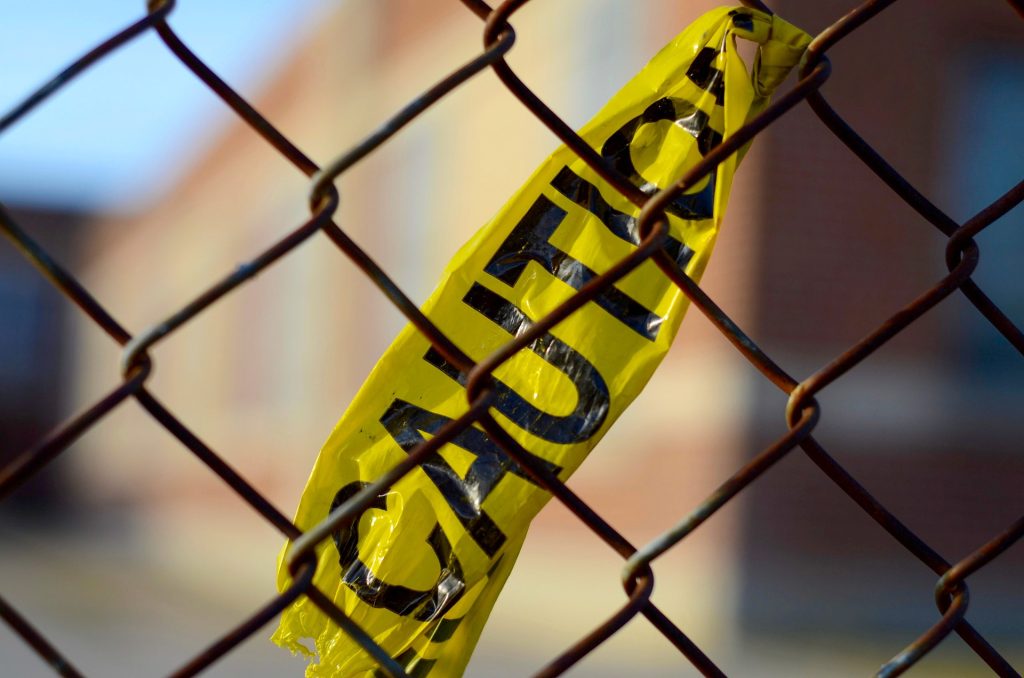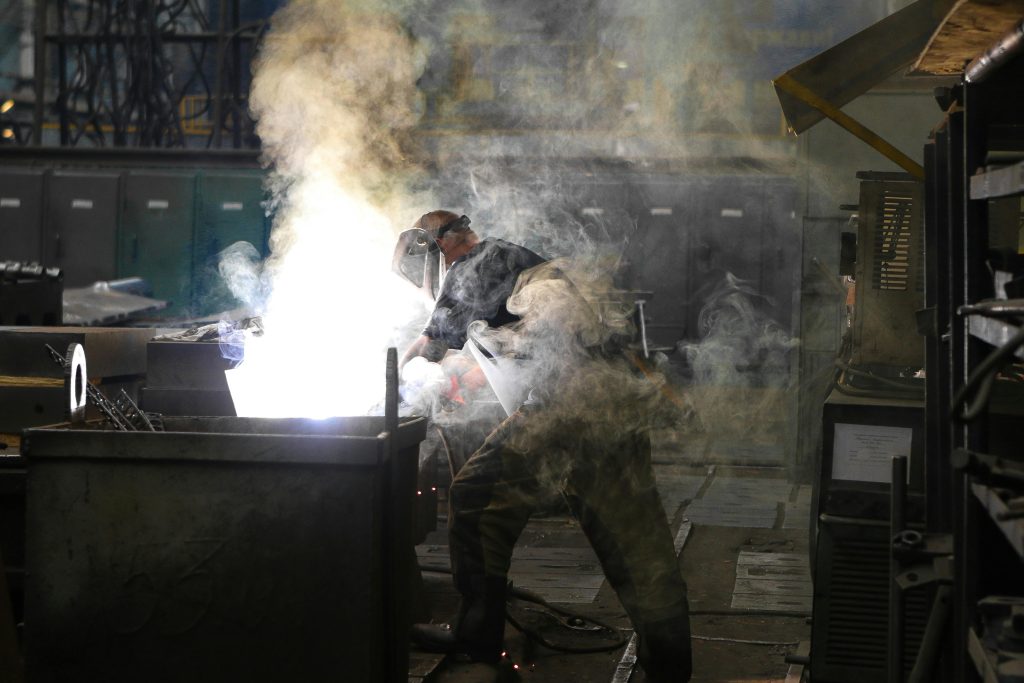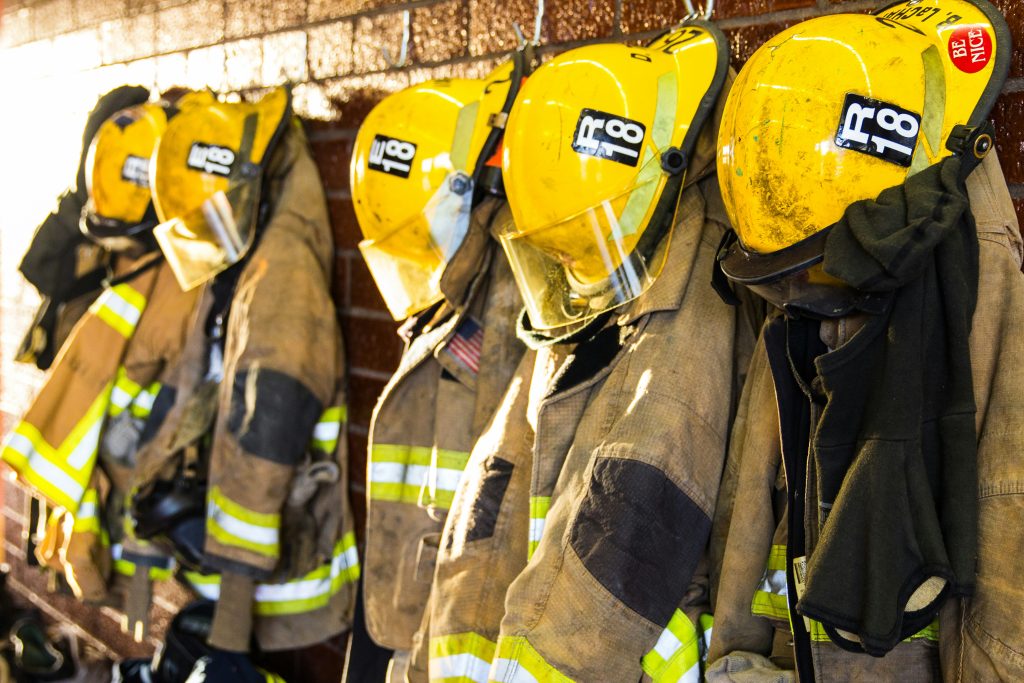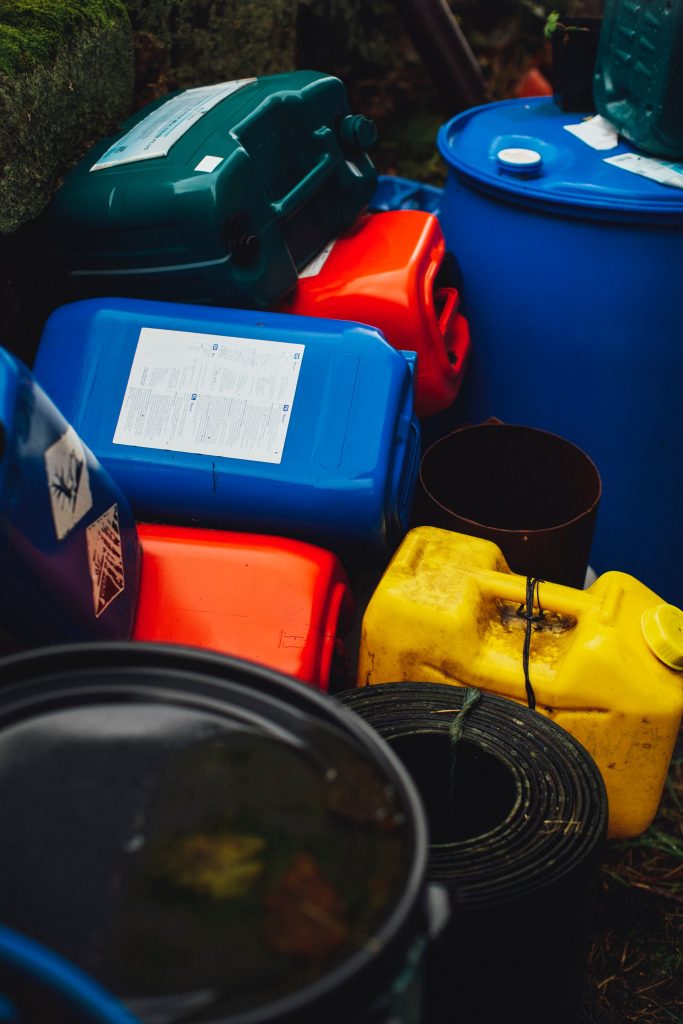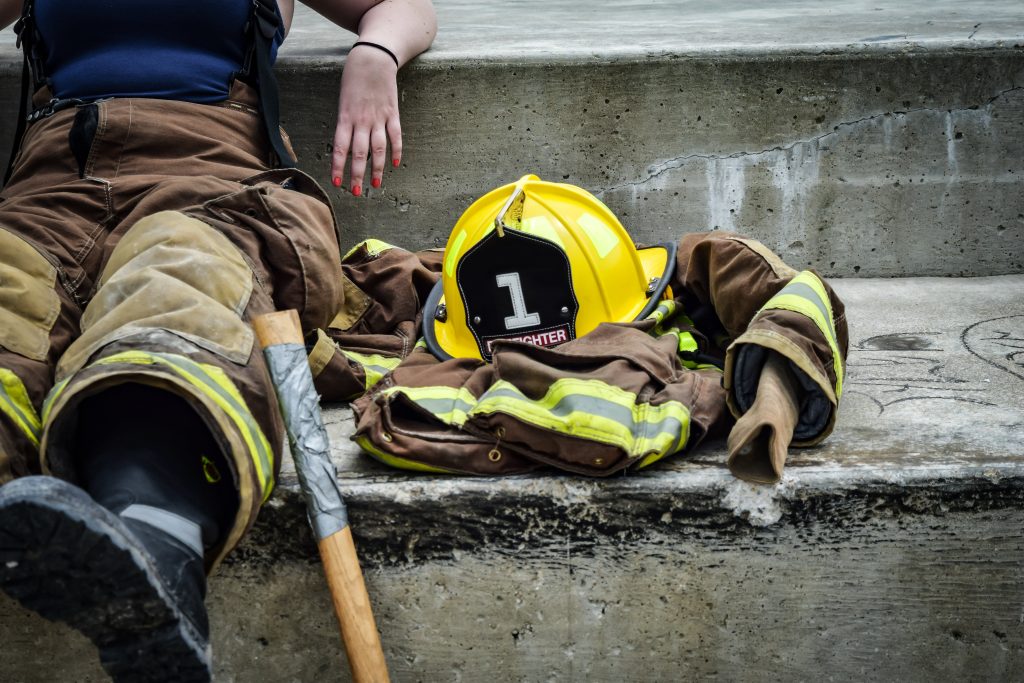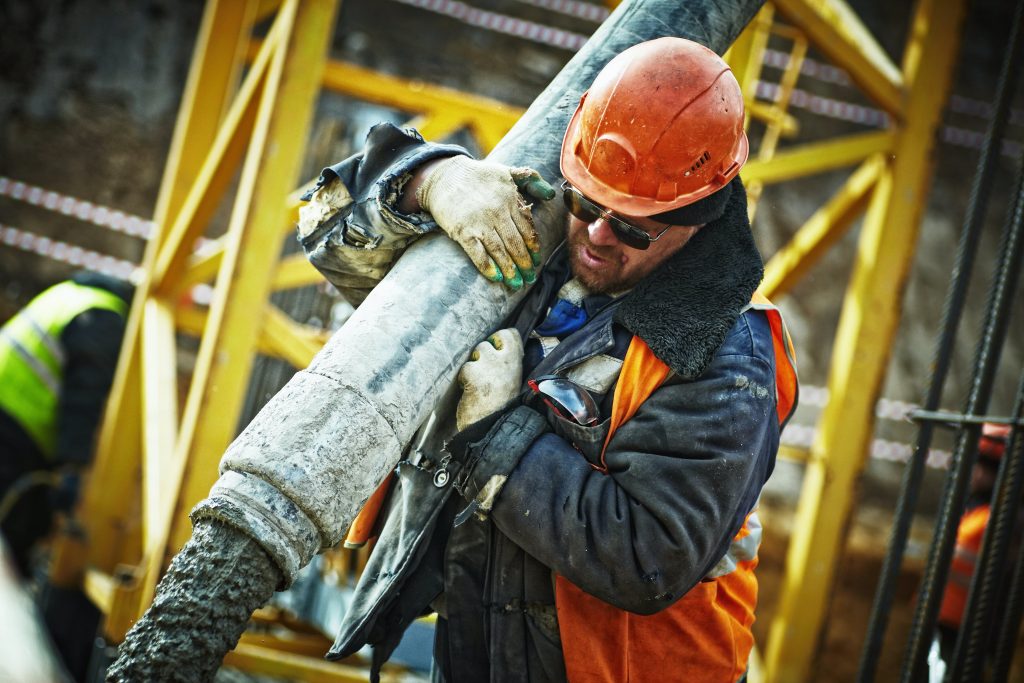Firefighters in Western Washington serve their communities with dedication and valor, often facing extraordinary challenges in the line of duty. While their commitment to protecting lives and property is unwavering, their job exposes them to a range of hazardous conditions that can have severe long-term consequences. In this page, we shed light on the specific risks faced by Western Washington firefighters, particularly the exposures to smoke, fumes, and toxic substances that can tragically lead to cancer-related fatalities. At Ron Meyers & Associates PLLC, we’re here to provide legal guidance and support to those affected by these devastating circumstances. If you or a loved one is a Western Washington firefighter exposed to toxic substances and facing cancer or has tragically lost their life due to these exposures, please contact us at (360) 459-5600 to discuss your case.
Understanding the Challenges Facing Firefighters
The Unique Challenges for Western Washington Firefighters
Western Washington firefighters are dedicated professionals who tackle a diverse range of emergencies. However, the distinctive climate and geography of the region present unique challenges:
- Wildfires and Smoke Exposure: The Pacific Northwest is susceptible to wildfires that produce vast plumes of smoke. Firefighters combating these blazes often face prolonged exposure to smoke, putting them at risk of respiratory issues and, in some cases, long-term health complications.
- Urban Firefighting Hazards: Western Washington’s urban areas also pose threats, as firefighters respond to structure fires and hazardous material incidents. The exposure to toxic substances in burning buildings and industrial settings can have severe health implications.
- Cancer Risk: The combination of smoke, fumes, and toxic substances increases the risk of cancer among firefighters. Research has shown a concerning link between firefighting and various types of cancer, including lung, throat, and skin cancers.
Understanding the Legal Aspects
When Western Washington firefighters are exposed to toxic substances in the line of duty and subsequently face cancer or tragic fatalities, it’s crucial to explore the legal avenues available for seeking compensation and support:
- Workers’ Compensation: Injured firefighters and families of those lost to occupational cancer are generally entitled to workers’ compensation benefits. These benefits can cover medical expenses, lost wages, and survivor benefits. However, the claims process can be complex, and legal assistance is often necessary to ensure full entitlements.
- Third-Party Claims: In some cases, exposures and cancer diagnoses may result from third-party negligence, such as inadequate safety measures or defective equipment. Pursuing personal injury or wrongful death claims against these responsible parties can provide additional compensation.
- Advocacy for Families: Families of firefighters who have tragically lost their lives due to cancer-related exposures deserve compassionate legal support. Pursuing survivor benefits and wrongful death claims can help provide financial security during this challenging time.
Case Results
$2,363,340
Line of duty wrongful death of Western Washington firefighter.
$1,239,360
Multiple career ending workplace injuries for firefighter.
$2,363,340
Western Washington firefighter line of duty cancer death from exposures to smoke, fumes and toxic substances.
Our Approach to Firefighter Cases Involving Line Duty Cancer Exposures
Advocating for Firefighters and Their Families
At Ron Meyers & Associates PLLC, we deeply respect the bravery, dedication, and sacrifices made by Western Washington firefighters. We understand the unique challenges they face in the line of duty, especially the heightened risks of toxic exposures leading to cancer-related fatalities. Our commitment is unwavering: to provide the legal support and resources necessary to navigate these difficult circumstances.
Your Future Deserves Advocacy
If you or a loved one is a Western Washington firefighter affected by line duty exposures, facing a cancer diagnosis, or dealing with the tragic loss of a firefighter’s life due to these exposures, we encourage you to take action. Your future, your well-being, and your rights deserve dedicated legal advocacy.
Contact Ron Meyers & Associates PLLC today for a free consultation at (360) 459-5600. Our experienced attorneys are here to listen, evaluate your case, and provide the guidance and support you need. We believe in justice, and we stand with you in seeking fair compensation, securing your rights, and rebuilding your life.
Your dedication to our community deserves unwavering legal support, and we are here to provide it. Don’t hesitate—reach out to us now to begin your journey toward recovery and justice.
Free Case Evaluation
How Ron Meyers & Associates Can Help with Firefighter Cases Involving Line Duty Cancer Exposures
What can you do if your loved one has been harmed in a nursing home?
If your loved one was harmed or died as a result of nursing home abuse or neglect, you have the legal means to hold the facility liable for damages. You will want to speak to a nursing home neglect or abuse attorney to review your case and determine if you have a viable claim.
Our firm handles cases of this nature and will be happy to meet with you to answer your questions, free of charge. We stand determinedly against the poor treatment of the elderly and have fought diligently to recover thousands of dollars on their and their families’ behalf. Call Ron Meyers & Associates PLLC at (360) 459-5600 and schedule a consultation.
Frequently Asked Questions About Firefighter Cases Involving Line Duty Cancer Exposures
Western Washington firefighters face unique risks, including exposure to wildfires and smoke, urban firefighting hazards, and an increased risk of cancer due to exposure to toxic substances.
Yes, prolonged exposure to smoke, fumes, and toxic substances has been linked to an increased risk of cancer among firefighters. Research has shown correlations between firefighting and various types of cancer, including lung, throat, and skin cancers.
Firefighters facing cancer-related exposures in Washington State may have several legal options, including:
- Workers’ Compensation: Entitlement to benefits that cover medical expenses, lost wages, and survivor benefits.
- Third-Party Claims: Pursuing personal injury or wrongful death claims against responsible third parties, such as equipment manufacturers or employers.
- Advocacy for Families: Supporting families of firefighters who have lost their lives to cancer-related exposures by pursuing survivor benefits and wrongful death claims.
Attorneys experienced in firefighter cases involving cancer-related exposures can provide comprehensive legal assistance, including:
- Thorough case evaluation to understand the extent and causes of illness.
- Identifying liable parties responsible for the exposures.
- Maximizing compensation by pursuing various legal avenues.
- Navigating complex legal processes and protecting rights.
- Offering compassionate support during challenging times.
If you suspect that your cancer diagnosis is related to line duty exposures, it’s essential to:
- Seek medical attention and treatment.
- Document your condition and gather relevant medical records.
- Consult with an experienced attorney to explore your legal options for compensation and support.
Yes, families of firefighters who have lost their lives due to cancer-related exposures can seek legal assistance to pursue survivor benefits and wrongful death claims. An attorney can guide them through the legal process.
To schedule a free consultation with an attorney experienced in firefighter cases involving cancer-related exposures, you can contact Ron Meyers & Associates PLLC at (360) 459-5600.
Firefighters can be exposed to a wide range of toxic substances, including asbestos, benzene, formaldehyde, heavy metals, and various chemicals present in burning buildings and materials.
In Washington State, firefighters diagnosed with cancer related to their job are generally eligible for workers’ compensation benefits, which can cover medical expenses and lost wages. However, the claims process can be complex and may require legal assistance to ensure full entitlements.
Yes, firefighters can be exposed to toxic substances even during routine fire incidents. Burning materials in structures, vehicles, and industrial sites can release hazardous chemicals and fumes that pose health risks.
Firefighters can take precautions such as wearing appropriate personal protective equipment (PPE), using breathing apparatus, and following decontamination procedures to minimize their exposure to toxic substances.
The time it takes for cancer to develop due to line duty exposures can vary depending on factors like the type of cancer and the extent of exposure. Some cancers may develop relatively quickly, while others may take years to manifest.
Common types of cancer associated with line duty exposures for firefighters include lung cancer, throat cancer, skin cancer, and several types of respiratory cancers.
Documentation of exposures to toxic substances is essential for legal claims. Firefighters should maintain detailed records of incidents, exposures, and any safety equipment used. These records can be valuable when pursuing compensation.
To determine if your cancer diagnosis is related to firefighting duties and toxic exposures, it’s crucial to consult with a medical professional who can evaluate your medical history and exposures. An experienced attorney can also assist in gathering evidence to establish the link.

